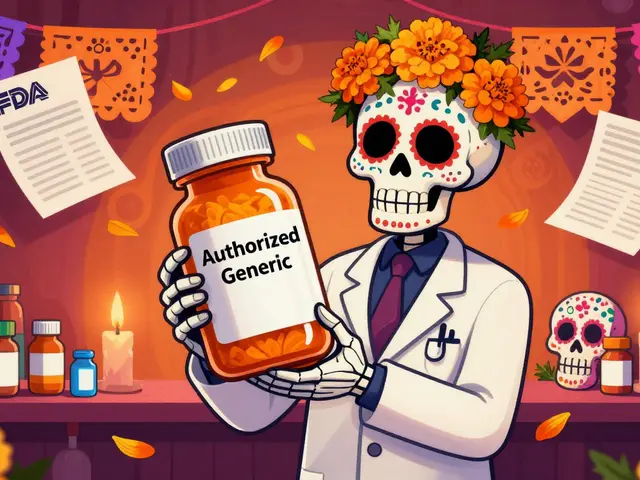Coping strategies you can use today to feel steadier
Feeling stressed, anxious, or stuck? Coping strategies are small actions you can take now to reduce overwhelm and regain control. These are not therapy replacements — they’re tools you can keep in your pocket for bad moments, busy days, or recurring triggers.
Quick fixes for immediate relief
Breathing for one minute can change your nervous system fast. Try box breathing: inhale 4 seconds, hold 4, exhale 4, hold 4. Repeat three times and notice tension drop. If racing thoughts won’t stop, use a 5-4-3-2-1 grounding trick: name 5 things you see, 4 you can touch, 3 you hear, 2 you smell, 1 you taste or notice. Moving your body helps too—two minutes of brisk walking, stretching, or shaking out your arms resets stress chemicals.
When panic shows up, use a short mantra: “This will pass. I can handle one step.” Keep the step tiny—open a window, sip water, send a text. Small wins stop escalation.
Daily habits that build resilience
Sleep, food, and routine matter more than they feel in the moment. Aim for consistent sleep and at least one balanced meal a day. Schedule a 10-minute check-in with yourself: write one worry and one thing you did well. Repeating this builds perspective and reduces catastrophizing.
Limit news and social feeds when they spike your anxiety. Instead, set a 15-minute window for updates and then switch to a calming activity. Social support is a top coping tool—call one person who steadies you or text a short check-in like, “Can I vent for two minutes?” People want to help; you only need to ask.
Boundaries protect energy. Saying no can be a coping strategy: a simple “I can’t take that on right now” keeps stress from piling up. Break big tasks into 10-minute chunks. When a to-do looks huge, pick one 10-minute action and stop. Progress beats perfection.
Track your triggers for a week. Note what time of day, what people, or what thoughts precede a spike. Patterns give you power to plan: avoid a trigger, schedule breaks, or prepare calming steps ahead of time.
Know when to ask for extra help. If coping strategies stop working, your sleep collapses, or you have thoughts of harming yourself, contact a medical professional or crisis line. Medication and therapy are effective and common options—asking for help is a strength, not a failure.
Start small: pick one breathing trick, one daily habit, and one boundary to try this week. Keep what helps, drop what doesn’t. Coping strategies are personal—build a short toolbox that fits your life and use it when you need to feel steadier, clearer, and more in control.

Dealing with vomiting during pregnancy at work can be challenging, but there are strategies to help manage it. It's important to stay hydrated, eat small and frequent meals, and keep snacks like crackers on hand to help settle your stomach. Try to identify and avoid triggers, such as strong smells. Take short breaks to freshen up and regain composure. If necessary, speak to your healthcare provider about medications that can help control nausea and vomiting during pregnancy.
Chris Gore Jul 16, 2023




